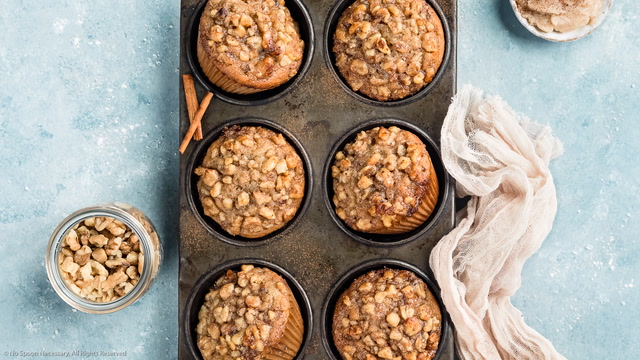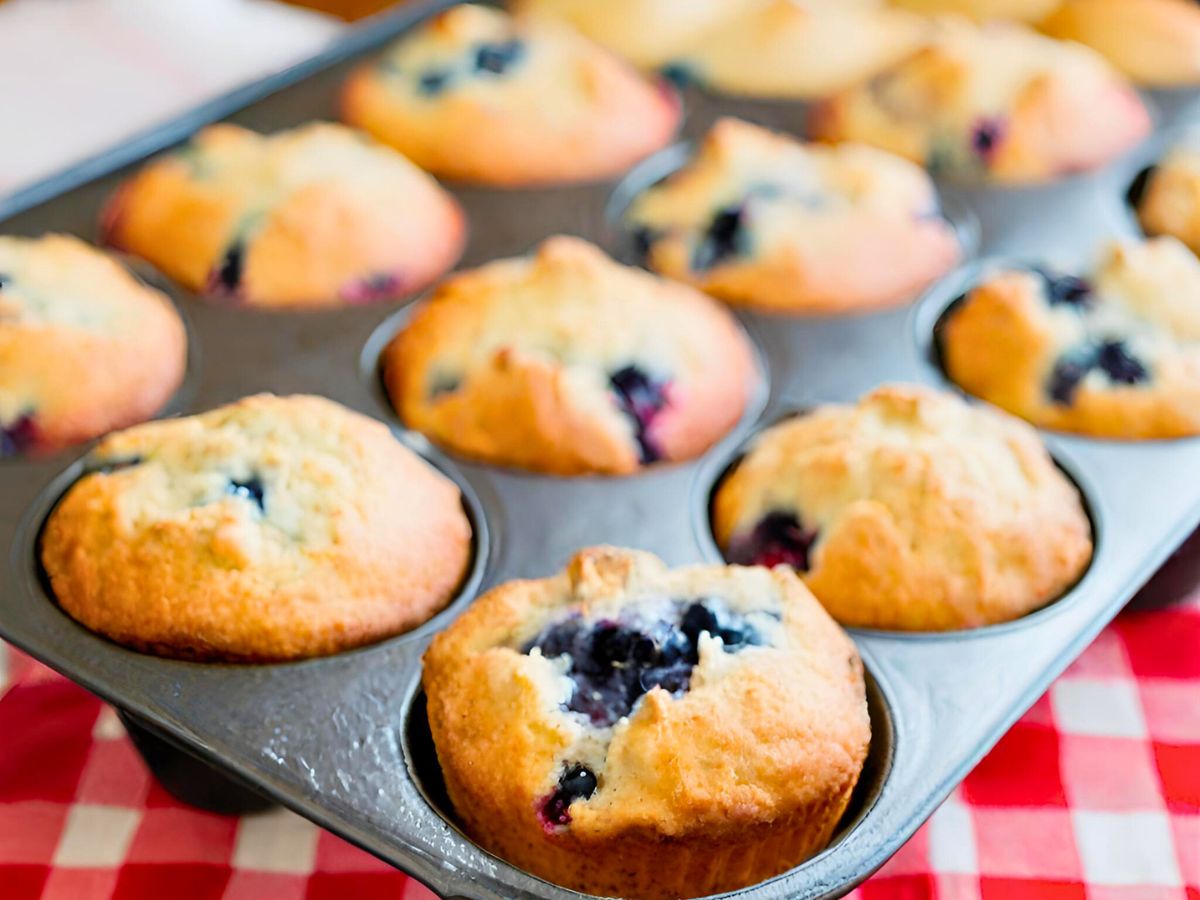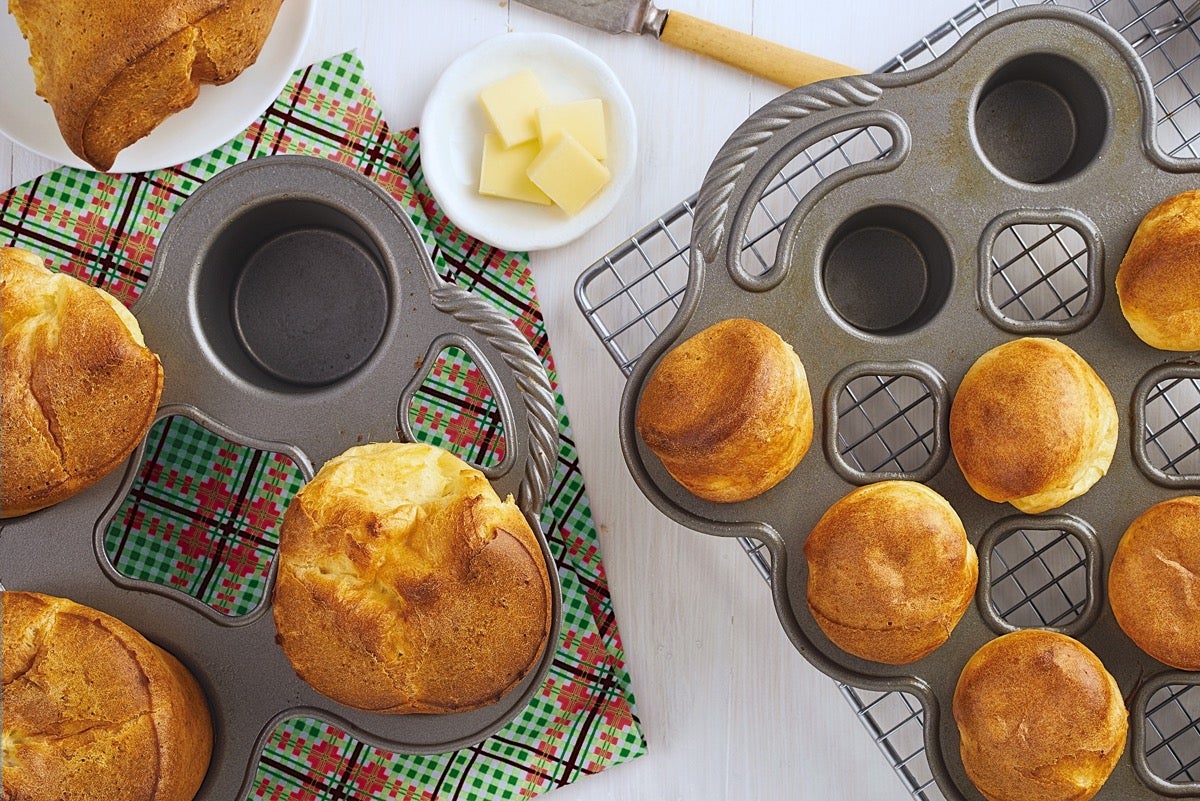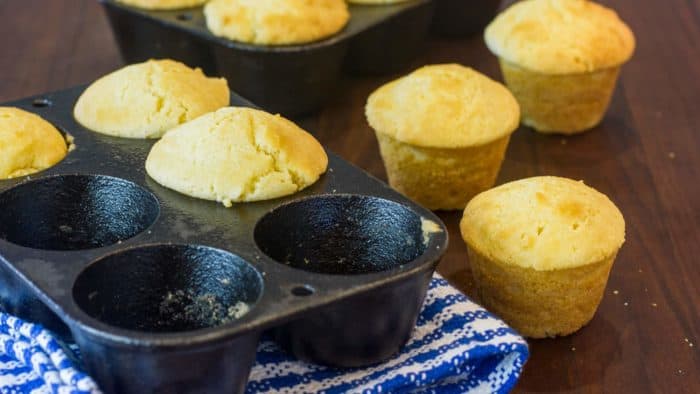For kitchen professionals and baking enthusiasts, the choice of cookware can significantly impact the outcome of a dish. Among the myriad options available, the cast iron muffin pan stands out for its durability and excellent heat retention. However, one critical factor that often gets overlooked is the weight of the cast iron muffin pan. This article delves into a detailed cast iron muffin pan weight comparison, helping you understand how weight influences your baking and the decision-making process.

Why Weight Matters in Cast Iron Muffin Pans
The weight of a cast iron muffin pan can influence several aspects of baking. Heavier pans generally retain heat better, ensuring an even cooking surface that can improve the quality of your muffins. However, they can also be cumbersome, especially in a busy kitchen environment where quick maneuverability is needed. Understanding the balance between weight and functionality is crucial for professionals aiming to optimize their kitchen workflow.
Moreover, the weight impacts the benefits of cast iron muffin pans, such as the ability to withstand high temperatures and distribute heat evenly, which is detailed in this article.
Comparing Weights: Light vs. Heavy Cast Iron Muffin Pans
When comparing different cast iron muffin pans, weight is a primary consideration. Lighter pans are typically easier to handle, reducing the risk of spills or accidents in the kitchen. However, they may not offer the same level of heat retention or cooking consistency as their heavier counterparts. On the other hand, heavier pans, while offering superior cooking performance, can be difficult to maneuver, especially when filled with batter.
For a comprehensive understanding of the history of cast iron bakeware, this link provides insights into how these elements have evolved over time.
Factors Influencing Weight
The weight of a cast iron muffin pan is influenced by several factors including the thickness of the cast iron, the size of the pan, and the number of cups it holds. Typically, a pan with more cups will weigh more, affecting how it fits into your baking routine. It's essential to match the pan's weight to your specific needs, ensuring it complements your kitchen equipment and workflow.
For those interested in more detailed insights into cast iron muffin pan sizes, this resource offers a valuable guide.
Choosing the Right Weight for Your Kitchen
Choosing the right weight for your kitchen's cast iron muffin pan can enhance your culinary creations. For kitchens focused on efficiency and speed, a lighter pan may be beneficial. However, if quality and consistency are paramount, a heavier pan might be the better choice. Consider your kitchen's specific needs, and balance them against the pan's weight to find the perfect fit.
For those who frequently experiment with new recipes, this article offers a list of 50 things you can make in a muffin pan, providing endless inspiration for your kitchen creations.
Maintenance and Care
Proper maintenance and care of your cast iron muffin pan are essential to ensure its longevity, regardless of its weight. Regular seasoning, avoiding harsh detergents, and drying the pan thoroughly after washing are all crucial steps. Proper care not only enhances the pan's performance but also maintains its aesthetic appeal.
Conclusion
Understanding the cast iron muffin pan weight comparison is vital for kitchen professionals who strive for efficiency and quality in their baking. By considering the weight alongside other critical factors, you can make a well-informed decision that enhances your culinary capabilities. Whether you prefer a lighter pan for quick handling or a heavier pan for consistent baking results, the right choice will undoubtedly elevate your kitchen experience.

FAQ
What is the average weight of a cast iron muffin pan?
The average weight of a cast iron muffin pan can vary significantly, typically ranging from 4 to 8 pounds, depending on its size and the number of muffin cups.
Does the weight of the pan affect cooking time?
Yes, the weight of a cast iron muffin pan can affect cooking time. Heavier pans tend to retain heat longer, which can lead to slightly longer cooking times compared to lighter pans.
How do I properly care for a heavy cast iron muffin pan?
Proper care includes regular seasoning, avoiding harsh detergents, and ensuring the pan is thoroughly dried after washing. This maintenance helps preserve the pan's quality and performance.
This article contains affiliate links. We may earn a commission at no extra cost to you.






Leave a comment
This site is protected by hCaptcha and the hCaptcha Privacy Policy and Terms of Service apply.